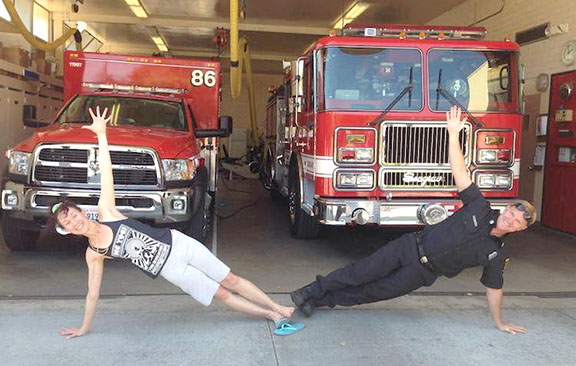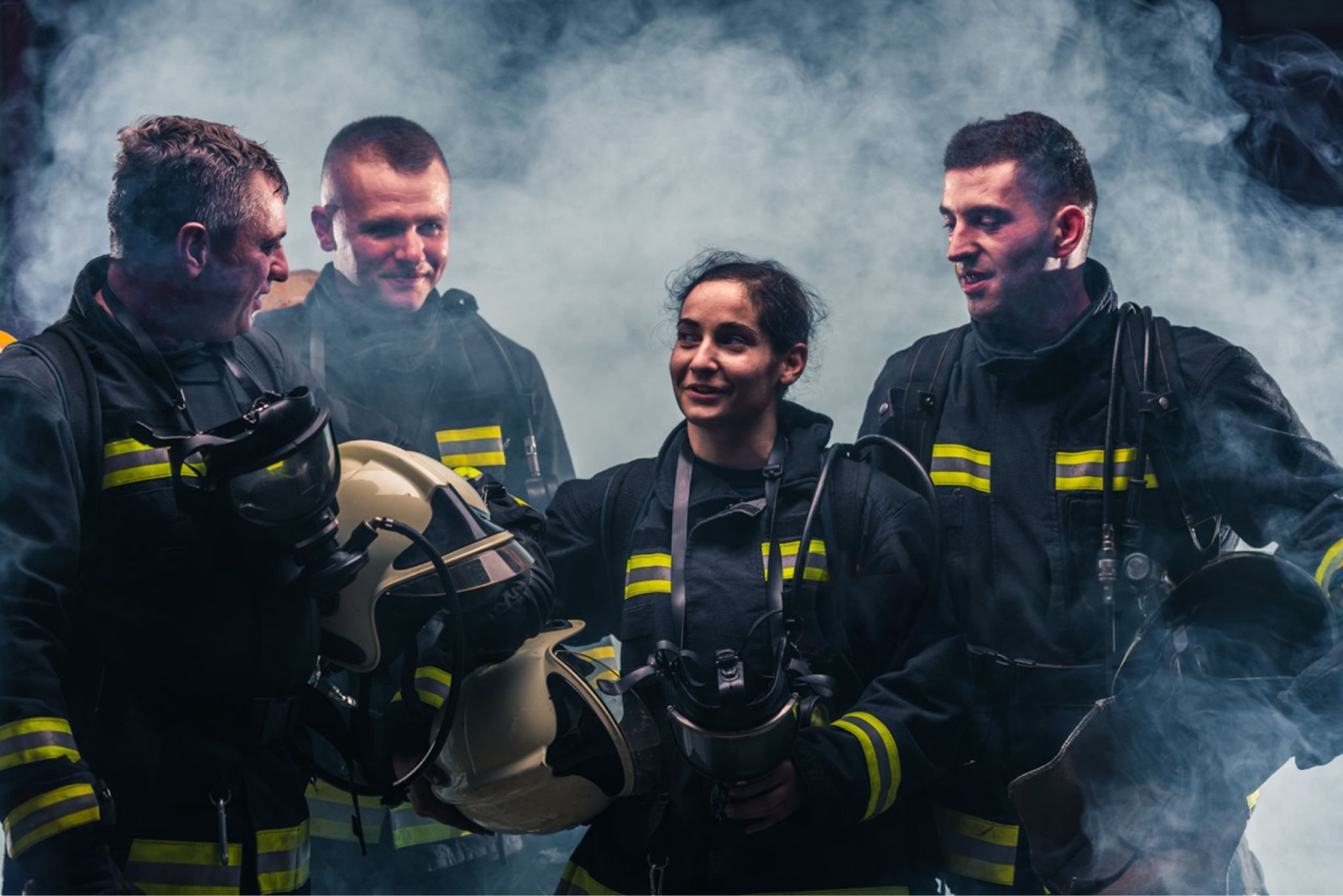Gratitude turns what we have into enough and more

"Gratitude turns what we have into enough and more."
– Melody Beattie
Each day, first responders experience high-stress situations, volatile shifts, and emotional demands that can wear them down. Day after day, stress builds, causing exhaustion, anxiety, and burnout. But what if resilience wasn't about gritting it out? What if it was about reprogramming the mind for gratitude and growth?
At MyOmnia, we embrace the Power of Wholeness, a holistic approach that integrates mental, emotional, and physical well-being. By fostering mindfulness, resilience, and connection, we empower first responders to navigate stress and maintain balance in both their professional and personal lives.Gratitude is an essential pillar of this path because it builds resilience, strengthens relationships, and increases mental acuity (Emmons & McCullough, 2003).
This blog discusses how first responders and their families can develop gratitude, employ reflection exercises, and create positive traditions to build resilience and well-being.
Gratitude is not just a pleasant feeling—it's a biological resilience tool. Research suggests that gratitude activates the prefrontal cortex and dopamine pathways, which are linked to emotion regulation and stress reduction (Fox et al., 2015).
For first responders, gratitude becomes an anchor—allowing them to move through chaos with a sense of purpose, appreciation, and balance.
Cultivating gratitude doesn’t require extra time, just a shift in awareness and intention.
First responders can incorporate gratitude into their daily lives in easy but powerful ways.
Try This: Before bed, think about one thing from the day that made you proud or feel connected.
The demands of being a first responder extend beyond the individual; family members may experience challenges such as long hours, missed holidays, and emotional strain. However, gratitude can be a tool to strengthen these relationships.But research indicates that gratitude reinforces family ties, lessens stress, and enhances overall well-being (Lyubomirsky et al., 2005).
Family Gratitude Traditions:
Pro Tip: At the end of a challenging shift, change the channel by asking your family, "What was the highlight of your day?" This ignites positive chatter and strengthens bonding.
First responders are faced with dramatic moments of crisis, and thus it is imperative to cultivate coping strategies that allow for resilience. Gratitude is a strong psychological mechanism that has the ability to divert attention away from stress towards meaning.
Mindset Shift: Instead of thinking, "This was a tough day," try, "This was tough, but I’m grateful for the team that had my back."

When gratitude is a habit among first responder teams, it increases morale, enhances teamwork, and decreases burnout (Maslach & Leiter, 2016).
Challenge: Practice one week of gratitude—daily, express thanks to a different team member.
At MyOmnia, we believe in empowering first responders to build resilience, not just through traditional mental health strategies, but through a mindset of wholeness and gratitude.
By practicing gratitude daily, at home, in high-stress moments, and within the workplace, first responders and their families can cultivate stronger emotional resilience, deeper connections, and long-lasting well-being.
So today, take a deep breath, reflect on one thing that went right, and remember—resilience is not just about enduring the storm but learning to dance in the rain.
Discover more about MyOmnia’s mission for first responder wellness!